With many SMEs looking to Fintech as a better alternative to banks, several people have started to acknowledge the role fintech plays to encourage the exportation of small-medium enterprises in Indonesia. In the past years, most communities, especially in rural areas, did not have access to funding from banks, hence, it wasn’t easy to export products and services beyond the country. However, the narrative has changed because of Fintech.
According to the Observatory of Economic Complexity, Indonesia recorded export of services worth $30.9 billion in 2019. Compared to 2015, the service worth was pegged at $21.5 billion. The citizens of the country mainly link this margin to the awareness of Fintech.SMEs need transparent, cheap, and more efficient financing and fintech plays a role in ensuring that they get all they need. Below are the roles Fintech plays in encouraging exportation for SMEs in Indonesia.
The Role Of Fintech and How It Helps To Increase Export Activities In Indonesia
Small Medium Enterprises (SMEs) mostly make up the larger part of Indonesia’s workforce, which makes them a vital sector that generates revenue for the country. According to the International Labour Organization, there are 816,000 SMEs in Indonesia, providing 27 per cent of the country’s GDP. These numbers are bound to increase with the rapid population increase.
However, SMEs face many challenges in the market in terms of financing, which hinders their function from generating revenue, and that’s where Fintech comes in. The role fintech plays to encourage the exportation of small-medium enterprises in Indonesia, also expands the progress of SMEs in the Indonesian market.
Before looking into the role of Fintech in encouraging the exportation of SMEs, one has to consider Fintech’s role in SMEs. Several Fintech companies in Indonesia have helped to ensure the growth of SMEs in the country by providing several services that these enterprises need. Such as:
-
Financial Management Services
Fintech helps SMEs to manage corporate finances by offering financial management services. This includes free financial consultations, recording expenses, investment performance surveys, etc. These services are very convenient, especially when venturing into the SME sector.
-
Digital Payment Services
Fintech companies also provide a safer and easier platform for SMEs to pay for their transactions. This is very crucial to strengthen trust between the consumers and an enterprise manager in the market. One of the most acknowledged that many people trust is Jenius.
-
Capital Loans
The loan application process for Fintech companies is quite simple, and they don’t need much documentation, unlike traditional banks. This makes it a better alternative to getting loans. What’s more, it takes a lesser period for enterprise managers to receive their loans compared to a conventional bank.
Knowing the roles Fintech play in helping SMEs in the Indonesian market, one might ask how fintech helps SMEs to increase export activities. Fintech helps to promote exportation by cancelling out the problem of distance. Now, anyone can easily make transactions online. All it takes is a smartphone for SMEs and consumers to access applications and make payments. Fintech also provides options for purchases online, so there is no need to request the account details of sellers anymore.
What’s more, borrowers can easily access loans. SME managers only have to upload a few documents online to secure the loans. However, a few companies might need background information about a borrower most times. The aim is to check the borrower’s credibility and know if they are responsible for collecting loans.
In summary, financial technology promotes exportation the most because of its security. The security system of Fintech platforms are replicas of the bank’s security system, which means that they use the same firewall to block out fraudsters and terrorists from accessing one’s account. This is one of the reasons it is mostly acknowledged in the country.
Conclusion
The role fintech plays to encourage the exportation of small-medium enterprises in Indonesia is a vital one. Also, it has helped SMEs to break the barrier of distance by providing payment platforms that stretch beyond the borders of Indonesia. What’s more, it’s a safer means of transaction for consumers, and SMEs can easily access loans to fund their businesses.













